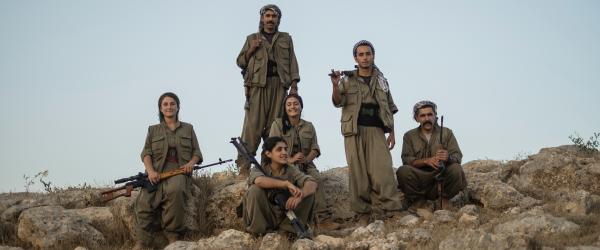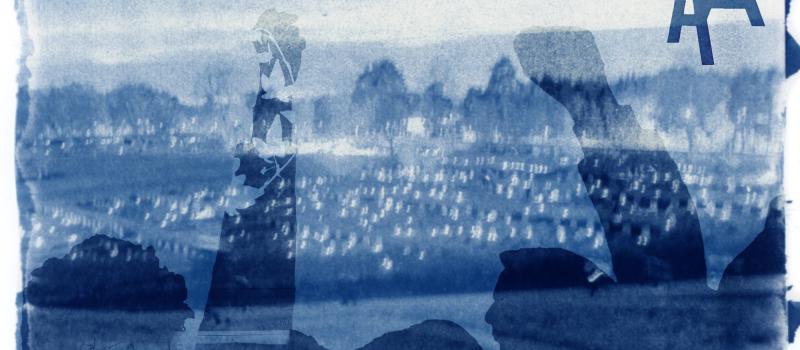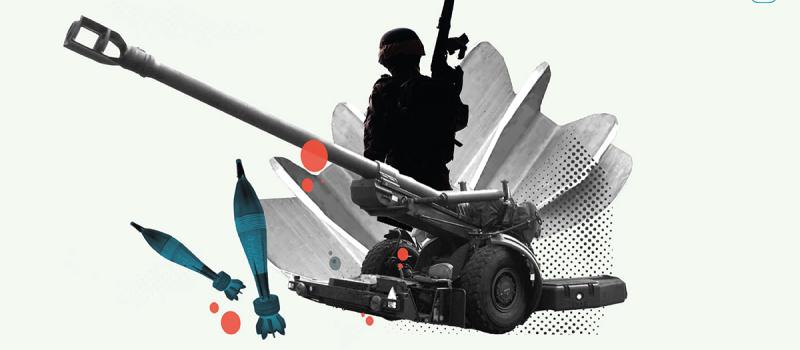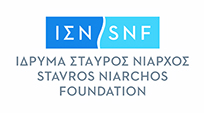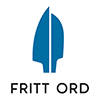
SYRIA - Around 2014, several reports were published about the Kurdish women's armies. They were presented as courageous fighters who fought heroically against the ISIS. They stood out as a special appearance in the Middle East where usually men seem to make the decisions. They were feared by the ISIS fighters, because whoever is killed by a woman wouldn't go to heaven. The fact that these warriors generally looked good on camera attracted the attention of Australian and British news channels, such as the BBC.
The reports showed us who these women are and how they fight, but there is always a deeper question. Why did these women fight? Was it the fear of an ISIS dictatorship? Was it a social hopelessness in the region? Do they fight against the threat of the Caliphate? Or is there something more going on? Could it be that they are also fighting for something, an ideal, a utopia? What leads this broad social group of women, of whom also university graduates, on a road to confrontation with the region?
Documentary filmmaker Jozef Devillé undertook further research and saw that these women are fighting for a radically different society. They call it "democratic confederalism" and in that system democracy, ecology and equality between man and woman are central. It is thanks to the power vacuum, a result of the war against ISIS, that the PKK could seize the opportunity to make their revolutionary, democratic vision a reality. A vision that could be an inspiration not only in the region but far into the West.
need resources for your own investigative story?
Journalismfund Europe's flexible grants programmes enable journalists to produce relevant public interest stories with a European mind-set from international, national, and regional perspectives.
support independent cross-border investigative journalism
We rely on your support to continue the work that we do. Make a gift of any amount today.

